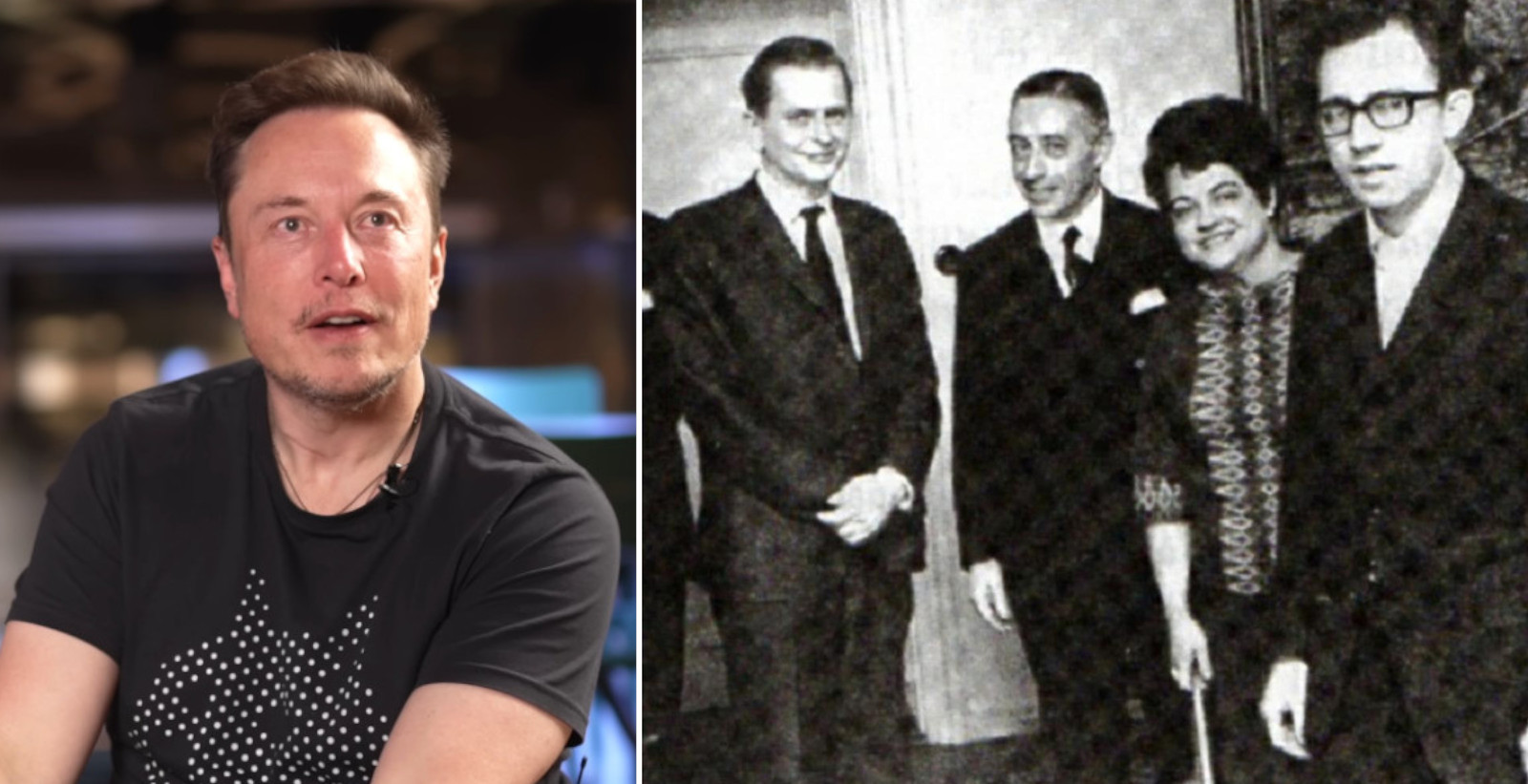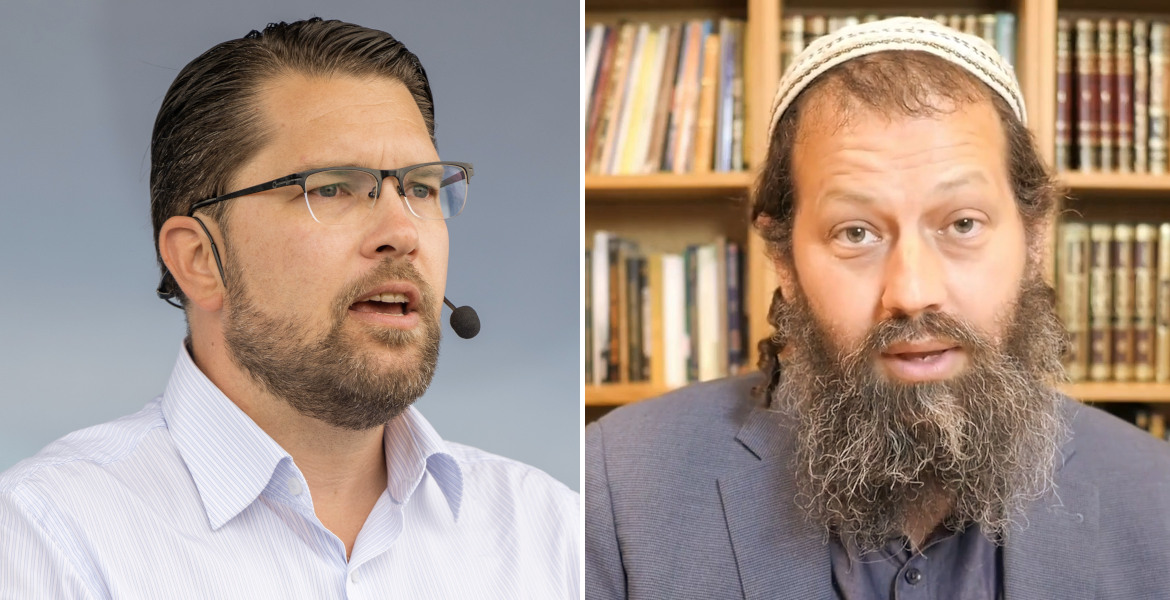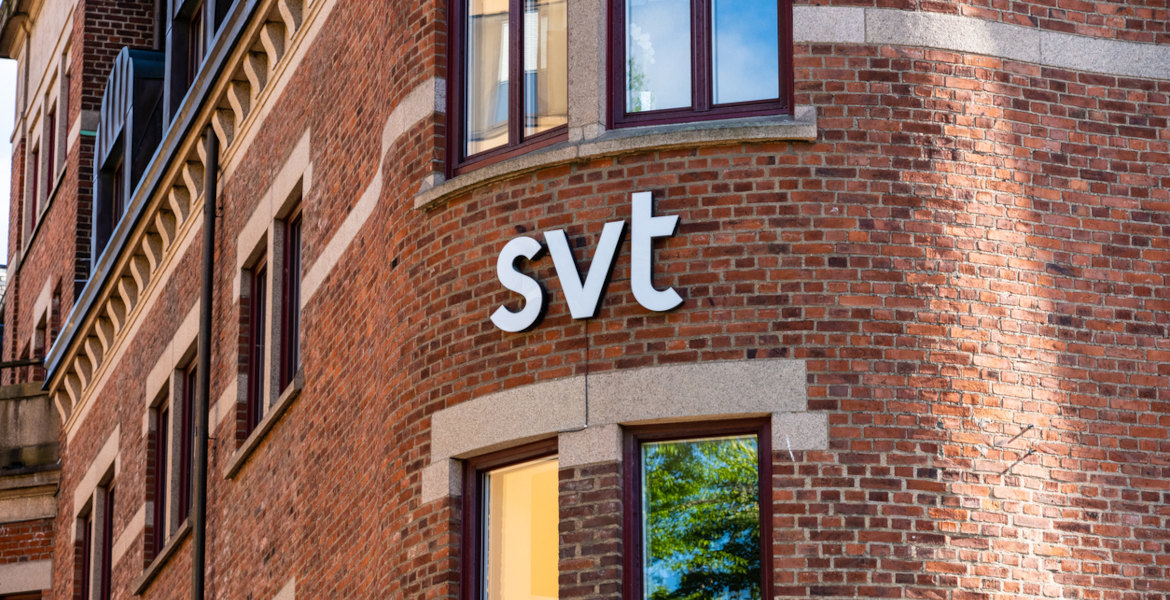The Sweden Democrats (SD) now wants to reform the country's hate speech law (hets mot folkgrupp). At the party congress in Örebro this past weekend, the party voted by a narrow margin for comprehensive reform – while proposals to completely abolish the law failed by the smallest possible difference.
The Sweden Democrats' party congress in Örebro, a city in central Sweden, resulted in a decision that the party should work toward a fundamental change to the hate speech law.
The vote was very close: 79 delegates supported the party leadership's position, while 78 voted to completely remove the law.
Prior to the decision, several motions had demanded that the law be abolished entirely. These motions received support from many delegates from the floor.
Julia Fält, a delegate from Fyrbodal in western Sweden, criticized the law's current application: — The law doesn't work as intended. It creates arbitrariness, silences debate and punishes statements that don't constitute any real threat.
Petter Nilsson, a delegate from Västerbotten in northern Sweden, joined the criticism: — Through legal precedent, it has more or less been established that Swedes cannot be subjected to hate speech. However, a large number of court cases have come to involve the 'group' of drag queens, which is quite telling.
Several speakers repeated the argument that the law doesn't protect the Swedish majority population and that it is currently applied arbitrarily in ways that limit freedom of speech.
Party leadership wants reform
Despite the criticism, the party leadership maintained that the hate speech law should not be abolished. Instead, they want to reform it so that it returns to dealing with ethnic groups in the proper sense.
Party Secretary Mattias Bäckström Johansson emphasized before the congress that the law should be streamlined and not linked to, for example, sexual orientation or religious affiliation.
Julia Kronlid, a member of the Swedish Parliament Riksdag and member of the party leadership, argued for the leadership's position and emphasized historical reasons for keeping the law.
— I really understand the frustration that may exist. But we must not forget the background to the law, with the persecution of Jews and the Holocaust.
Kronlid also highlighted current societal developments as a reason for the party leadership's position.
— Given the increasing antisemitism, I think it would be a major mistake to remove the law. It will be portrayed completely incorrectly. Our party leader Jimmie Åkesson will have to stand in interview after interview and answer the question 'why campaign on allowing hate speech'.




